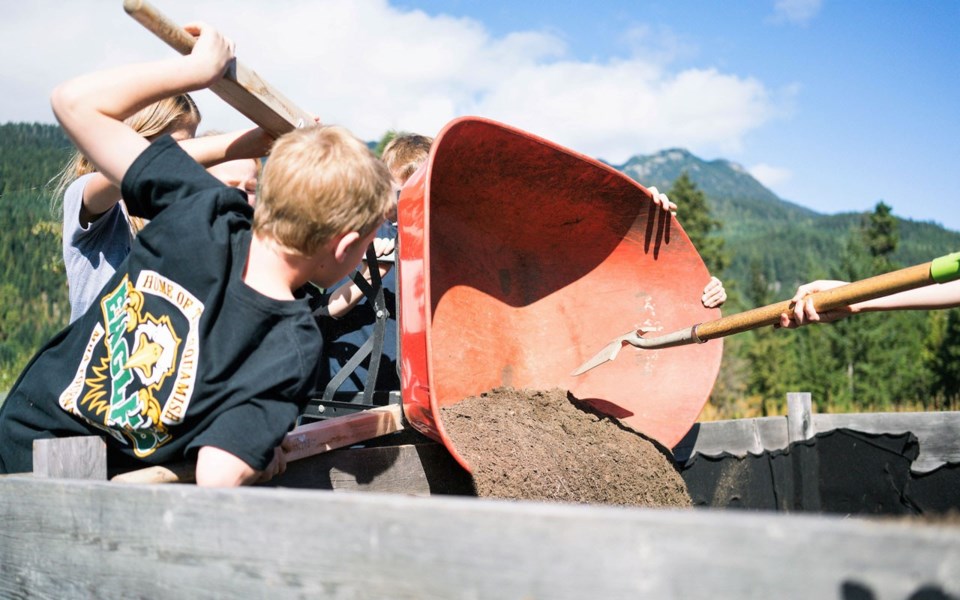The Community Foundation of Whistler (CFOW) and the Whistler Centre for Sustainability are partnering up on a new initiative.
Vital Connections will seek to build social connectiveness and encourage a sense of belonging for Whistler residents.
"We'd like people to talk about building their communities—whether that's at a micro or community level," said Carole Stretch, chair of the Vital Signs Initiative. "Let's start talking—and then doing."
The initiative combines the Whistler Centre for Sustainability's Resilient Streets program and the CFOW's Vital Signs initiative.
The Resilient Streets program offers micro-grants aimed at building connections, while the Vital Signs initiative produces reports aimed at enhancing community life by documenting key statistics and indicators of community health.
The foundation is currently asking the public to fill in a survey on connection and engagement. The survey—called the Connect and Engage Survey—takes around 15 minutes to complete and will be used to inform the 2018 Vital Signs report, which will come out in the first week of October.
The reports present information in an easy-to-understand format and are meant to engage both policy makers and the public.
"This year, we're going to focus on connections and engagement and the survey will inform the statistics that we're updating for those areas," said Stretch.
The survey will ask questions that aim to get at the heart of whether Whistlerites feel like they belong.
Giving examples, Stretch said: "It's things like how many names of your neighbours do you know? And do you think you'll still be living in the same neighbourhood in five years time—why or why not?"
The foundation will also offer a "conversation kit" meant to spur group discussion amongst friends or colleagues on the same theme.
The program will offer a $50 grant that can be used to host or advertise a community gathering or a $200 grant that can be used to start a community initiative that aims to build connections.
Examples include community gardens, a lending library, or even a picnic table, explained Dan Wilson, a community planning and monitoring specialist with the Whistler Centre for Sustainability.
The initiative draws its funding from a $10,000 Ministry of Health grant, which is being administered by the centre.
For Wilson, the initiative is money well spent.
"Time and time again, it's been shown that the more connections you have in your immediate vicinity the more healthy you are," he said.
For Carol Coffey, executive director of the Community Foundation of Whistler, now is the perfect time for Whistler to discuss belonging and promote inclusivity.
"It's very clear that Whistler is undergoing a lot of change and growth," said Coffey.
"And when that happens in a community it can be unsettling and disorientating for community members. It can make people question their sense of belonging in their community."
If you're interested in applying for a Resilient Streets grant visit www.whistlercentre.ca/resilient-streets. The program will be taking applications from the end of April to the end of June. And to learn more the old fashioned way, check out Resilient Streets' kick-off event at the Whistler Tennis Club Lounge on Monday, April 23 from 7 to 9 p.m.
And if you're interested in filling in the Vital Signs survey, check out www.surveymonkey.com/r/W77PVCL. The survey is open until May 4.




